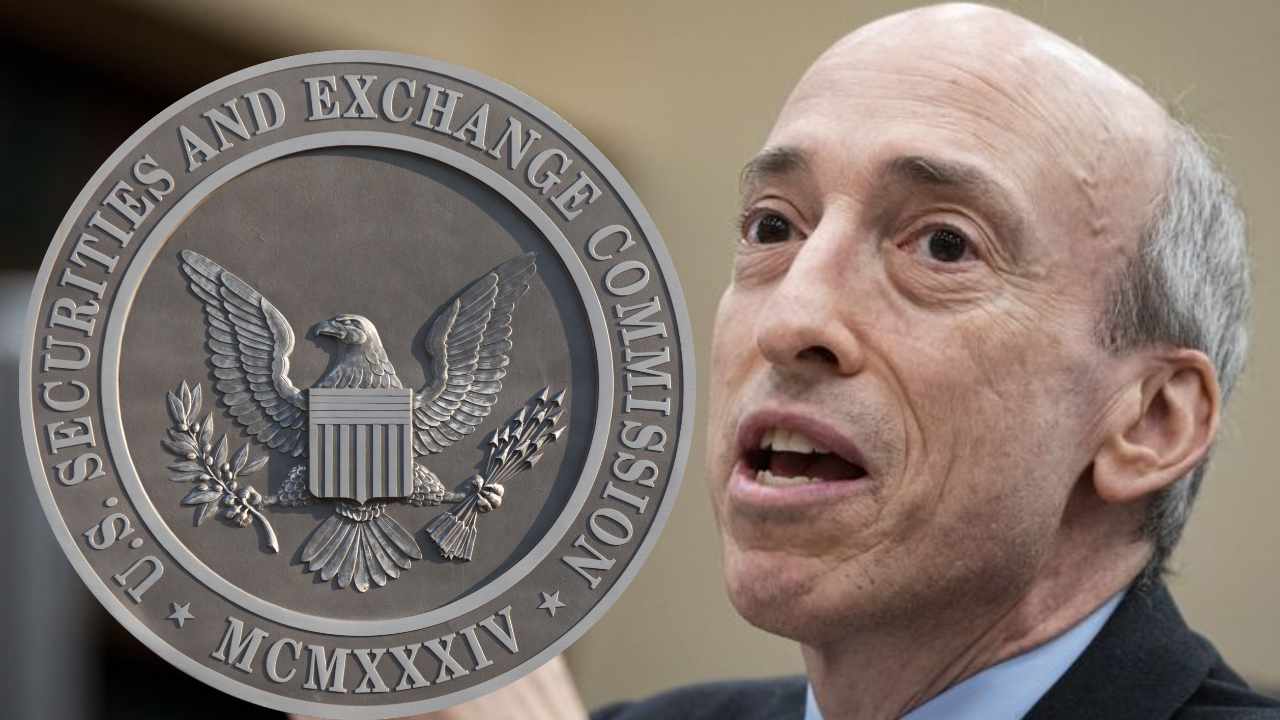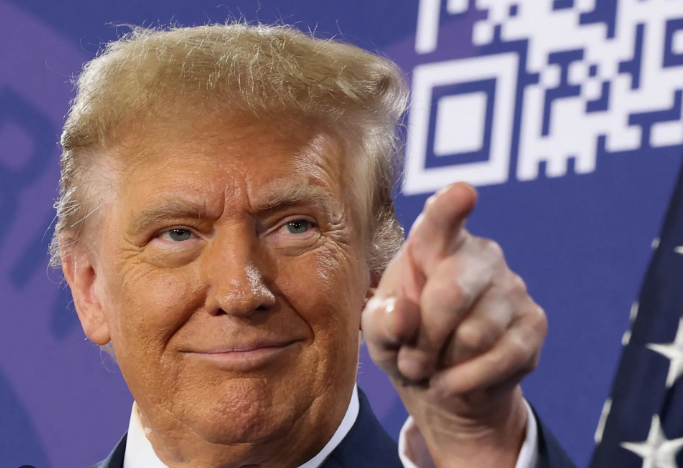A federal grand jury in Georgia recently indicted three Russian nationals for their involvement in running illegal cryptocurrency mixer services that helped criminals launder money. The indictment, announced on January 7, 2025, involves Roman Vitalyevich Ostapenko, Alexander Evgenievich Oleynik, and Anton Vyachslavovich Tarasov. These individuals are accused of operating two online services called Blender.io and Sinbad.io, which helped criminals hide the source of their illegal funds.
A cryptocurrency mixer is a tool used to mix cryptocurrencies like Bitcoin, making it harder for authorities to trace the origin of digital money. These services are attractive to criminals involved in activities such as ransomware attacks and fraud, as they allow them to send funds anonymously.
Ostapenko and Oleynik were arrested in December 2024, while Tarasov is still on the run. The three men face serious charges related to money laundering and operating unlicensed financial businesses. If convicted, they could face up to 20 years in prison for laundering money and up to five years for running an unlicensed business. The indictment follows the earlier shutdown of the Sinbad.io service after it was seized by law enforcement in 2023.
The Role of Blender.io and Sinbad.io
Blender.io and Sinbad.io were both cryptocurrency mixers, meaning they offered a way to send digital money anonymously. For a fee, these services allowed criminals to send their funds without revealing where the money came from. This feature made these mixers attractive to those who wanted to hide stolen funds or profits from illegal activities, such as ransomware attacks, fraud, and even theft of virtual currencies.
Extradited for Fraud: Do Kwon Faces Justice After $40B Crypto Crash
Blender.io operated from 2018 to 2022 and was known for its promise of anonymity. It advertised a “No Logs Policy,” meaning it claimed to have no records of transactions. The site also reassured users that no personal details were needed to use the service. This allowed criminals to send and receive Bitcoin without leaving a trace of their identity.
After Blender.io was shut down in 2022, the defendants launched Sinbad.io, which offered similar services. This service continued until law enforcement authorities took it down in November 2023, marking a significant victory in the fight against cybercrime. The shutdowns of both services were the result of coordinated efforts by authorities from several countries, including the U.S., the Netherlands, Finland, and Australia.
Both Blender.io and Sinbad.io were not only used by ordinary criminals but were also linked to state-sponsored hacking groups. For instance, Blender.io was used by North Korean hackers to launder funds stolen through cyberattacks. Similarly, Sinbad.io had connections to cybercriminals who targeted businesses and individuals. These cryptocurrency mixers served as a vital tool in helping these criminals profit from their illegal activities, making it harder for authorities to trace the stolen money back to its original source.
Crypto-currency Scam Wipes Out $425,000 from Ohio Man’s Retirement Fund
International Cooperation in Combating Cybercrime
The investigation into Blender.io and Sinbad.io showcases the power of international cooperation in tackling cybercrime. The indictment was made possible by the joint efforts of law enforcement agencies from different countries, including the U.S. Department of Justice, the FBI, the Netherlands’ Financial Intelligence Service, and Finland’s National Bureau of Investigation. Their collaboration helped track down the operators of these illegal services and ultimately led to their takedown.
In addition to the U.S. authorities, international agencies like the Australian Federal Police and Finland’s National Bureau of Investigation played key roles in the investigation. Their contributions were essential in identifying the people responsible for running these cryptocurrency mixers and disrupting their illegal activities.
The importance of international cooperation cannot be overstated. Cybercrime often crosses national borders, and without the efforts of multiple countries working together, it would be much harder to stop these crimes. The arrests of Ostapenko and Oleynik, along with the ongoing search for Tarasov, send a strong message to cybercriminals around the world: law enforcement agencies are committed to identifying and holding accountable those who operate illicit financial networks.
This case highlights how dangerous these cryptocurrency mixers can be in enabling serious criminal activities. By breaking down these networks, authorities are making it harder for criminals to profit from their wrongdoing, while also protecting public safety and national security.
To read the original order please visit DOJ website


























/cdn.vox-cdn.com/uploads/chorus_asset/file/25822586/STK169_ZUCKERBERG_MAGA_STKS491_CVIRGINIA_A.jpg)

